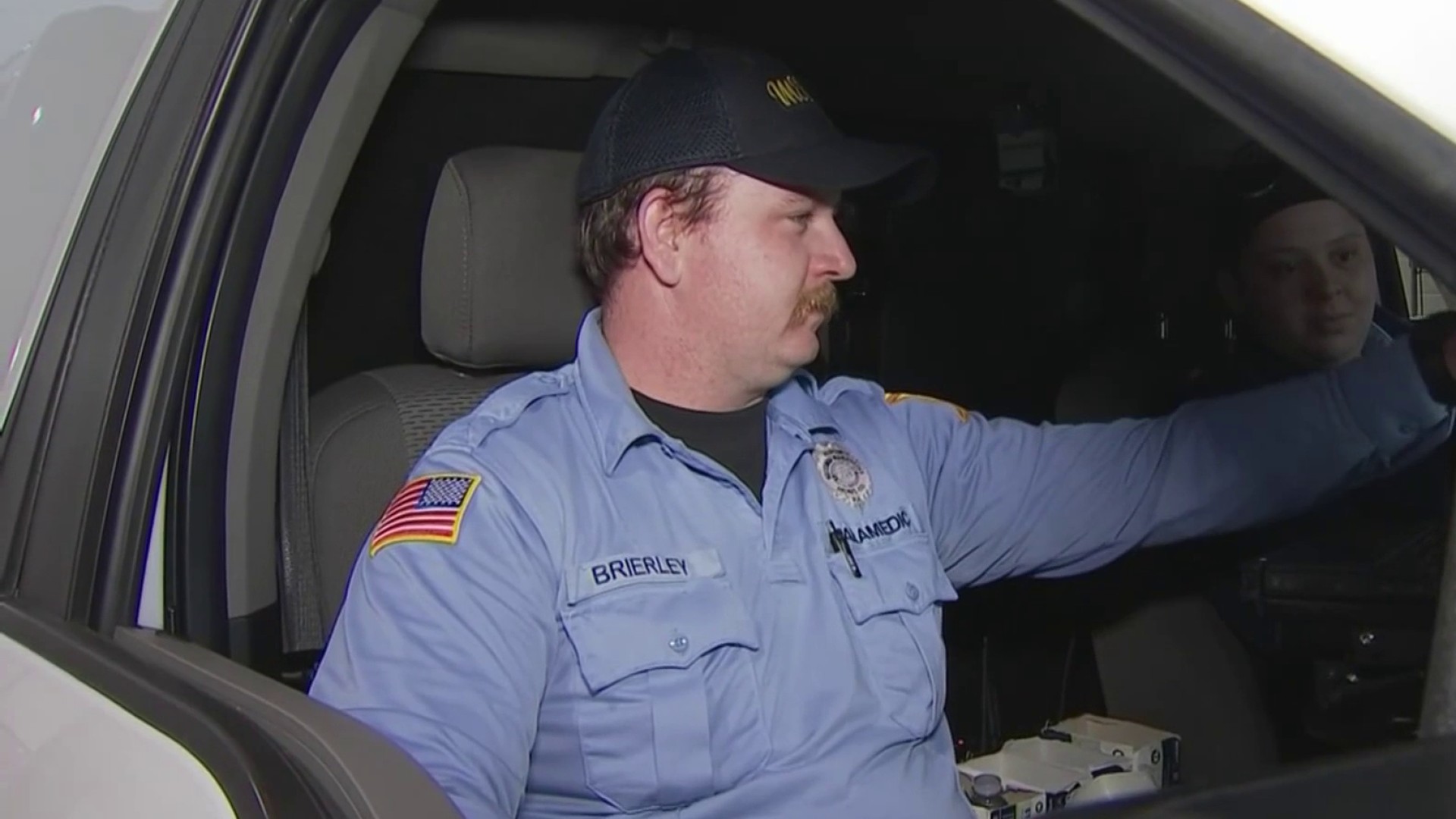When it comes to winning the race for the White House, Marlon Marshall, a top staffer for Hillary Clinton’s presidential campaign, believes young people’s social networks are key to success.
“If I’m a millennial and I have my friend circle, for lack of a better word, I am a more powerful messenger to them than a TV ad,” Marshall, director of state campaigns and political engagement, said Tuesday during a visit to Clinton’s Pennsylvania headquarters on Market Street in Center City.
But it’s not the Facebook posts or Snapchats about why they support the former Secretary of State that he’s most interested in; rather, their impassioned, in-person chats with friends, family and neighbors.
“To have them be able to say why they personally support the secretary is something that’s just really powerful and meaningful,” he adds.
Millennials, those born between 1980 and the early 2000s, basically match Baby Boomers for their share of the electorate this year. That means the bloc can make or break a candidate’s bid for office.
Recent polling shows Clinton is enjoying healthy support among young people in Pennsylvania. According to a survey by Franklin & Marshall college earlier this month, 49 percent of those under 35 years old supported Clinton. Trump garnered 25 percent, third-party candidates like the Green Party’s Jill Stein and Libertarian Gary Johnson got support from 19 percent while 7 percent were undecided.
Nationally, Clinton’s youth support grows even larger. A recent USA Today/Rock the Vote poll found Clinton trouncing Trump 56 percent to 20 percent.
“Young people right now very much support the secretary and we want to turn that support into votes,” Marshall said.

But historically, getting Millennials to the voting booths has been a challenge.
Local
Breaking news and the stories that matter to your neighborhood.
The Pew Research Center found that only 50 percent of the eligible Millennial voters cast a ballot in the 2008 presidential election. In 2012, the tally dropped to 46 percent even though the number of Millennials who were eligible to vote had grown.
So Clinton’s campaign is heavily investing in recruiting young voters to join her ranks by growing their local operation. The ramp-up is happening as the number of days until November 8th dwindles into the 70s.
Twenty outreach staffers have been deployed college campuses across the state, with a heavy focus in college-rich Philadelphia, to interact with students as they move back for the new school year, the campaign says. They will also help first-time voters get registered to vote.
This week, three new campaign outposts will open their doors bringing the statewide total to more than three dozen.
The campaign is hiring young people from the communities they’re canvassing who can identify neighborhood businesses where potential Millennial supporters, including those who’ve chosen not to go to college or couldn’t afford it, can be found.
“Every community is different and the key is that we know those spots in each community and that we do that direct contact,” Marshall said.
All the ground game talk doesn’t mean the campaign is avoiding the digital connections.
Clinton’s campaign has begun buying digital ads targeted to young people living in Pennsylvania and heavily uses Facebook, Twitter, Instagram and Snapchat. They post everything from policy briefs to memes about her and opponent Donald Trump.
With Millennials being the most digitally-savvy and connected generation in history, Marshall says, “you gotta do both.”
As for the issue that the campaign believes resonates most with younger voters, it always comes back to the economy.
“We’ve come a long way from the recession since President Obama took office, but making sure we continue to bring jobs into America and then also reduce that income inequality, we’re finding are big issues,” he said.
Marshall said the biggest challenge will be to help young people understand where Clinton stands on the issues and turn that into actual votes.



